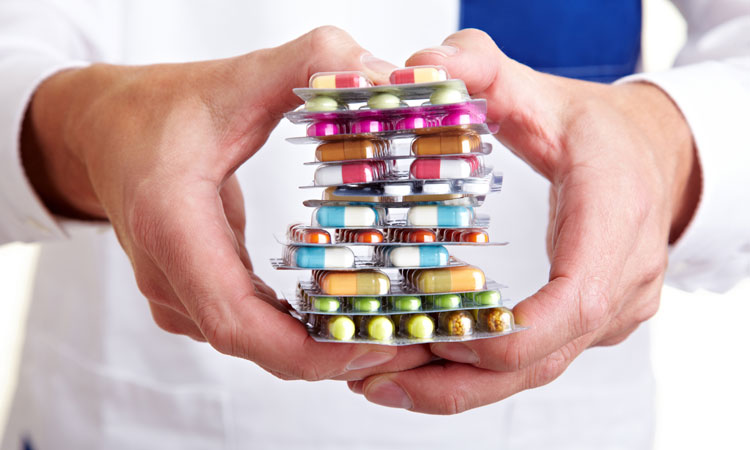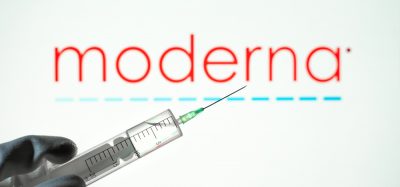Experts highlight importance of reducing pharma packaging waste
Posted: 21 February 2020 | Rachael Harper (European Pharmaceutical Review) | 1 comment
At a recent event, pharmaceutical packaging experts discussed strategies to reduce waste and protect the bottom line.


Improving adherence to medication via smarter, patient-centric pharmaceutical packaging and extracting further value from existing medicines and delivery devices are two of the latest key strategies aimed at reducing waste and protecting the bottom line, according to industry experts.
The experts were gathered at Pharmapack Europe, where themes such as data custodianship of connected devices, environmental impact and adherence technologies were also discussed.
…combining biologic drug and device development, while meeting regulatory standards is a significant learning curve for the industry”
Gregor Anderson, Managing Director at Pharmacentric Solutions believes that the industry still has a long way to go when it comes to the sustainability of connected devices, commenting on “the duality of connected devices.” On one hand, it is an exciting field of new possibilities, but unfortunately on the other, we have not yet “fully married them with our sustainability goals.” He said he believes that is the next evolution for the industry in the year ahead, as more devices and technologies are now moving into commercial applications.
Aurelio Arias, Engagement Manager at IQVIA, suggested that the “future of value-added medicines is not just driven by deeper insights and data capture but will also see gamification transforming engagement of therapies.” Arias added that “while patients are concerned about the security and the custodianship of their data,” they are still actively using connected devices. As a result, the natural evolution of this trend could be that healthcare companies will increasingly incentivise better compliance through gamification.
Experts also agreed that combining biologic drug and device development, while meeting regulatory standards is a significant learning curve for the industry. Overall, drug delivery was seen as increasingly integral to the growth of the biologics market, with patient centricity an essential component in adherence. In the short term, this is projected to push manufacturers to provide better devices that ease the patient experience. But in the long term, experts postulated connected devices will play a major role in the advancement of the biologics industry with increasingly levels of vital data on how devices are used post launch.
Further to this, Marc Rohrschneider, Head New Technologies, Device Development and Commercialisation at Novartis AG predicted that with pharma now having access to technology to connect boxes, vials and devices to networks, the next decade is not about the technologic challenges, but will instead explore how the industry safeguards data, and ultimately, who is its custodian.
Blockchain is another industry buzzword of the last year, but the experts pointed to the improved accountability it could provide in pharma supply as its most immediate use, rather than in securing patient data. “You should think of it as the most secure audit trail you can have. Immutable, temporal and despite what many have said, scalable,” commented Jason Lacombe, Chief Executive Officer, Veratrak. But the key to delivering on its potential is for pharma and tech communities to work closer together to deliver over the hype.
Related topics
Blockchain, Industry Insight, Packaging, Supply Chain, Sustainability
Related organisations
IQVIA, Novartis AG, Pharmacentric, Pharmapack Europe, Veratrak
Related people
Aurelio Arias, Gregor Anderson, Jason Lacombe, Marc Rohrschneider










The packaging is used in many sectors of activity, from the agri-food sector to the cosmetics sector, from IT to many others. Among them, pharmaceutical packaging is the most important.